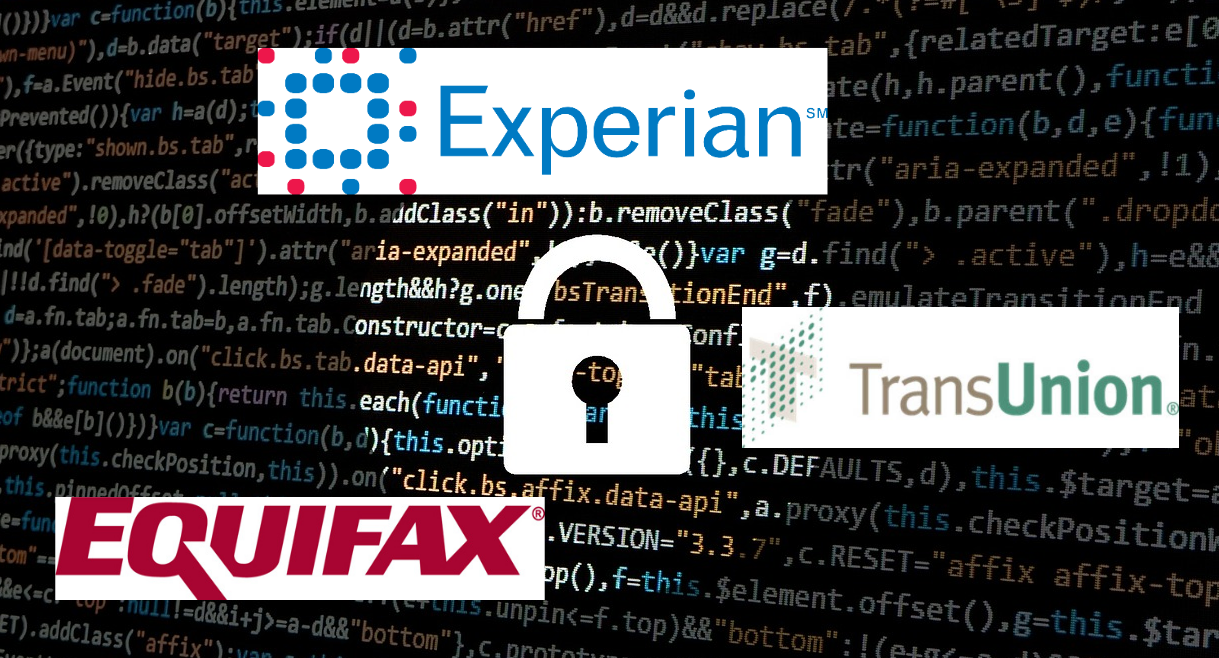January is a great time to start the new year afresh and review what you would like to accomplish this coming year. As the goals of many people are financial in nature, keeping your financial data secure so that it is not stolen is an important corollary to that goal.
What is Identity Theft?
ID theft is a crime where a criminal uses your personal information to open credit cards or store credit accounts in your name. There are even cases where crooks have taken out mortgages and car loans using the personal information of unsuspecting victims. Trying to claw back your identity in these cases is extremely difficult and time consuming. First you need to gather any evidence and file a police report. Then you need to prove that you didn’t open the credit account, mortgage or car loan because crooks will also open credit accounts then claim they are victims of ID theft to avoid paying. I cannot emphasize enough what a hassle you will encounter if this happens to you so go through these four steps to prevent it from happening to you!
1. Review Your Credit Reports
By federal law, everyone is entitled to a free copy of their credit report every year from each of the three credit bureaus: Experian, TransUnion and Equifax. A good strategy is to order one credit report from a different credit bureau every four months so you will never have to pay out of pocket. It costs no money and takes only about 15 minutes.
The only official website sanctioned by the Federal government to get your credit reports is https://www.annualcreditreport.com. There are many other unofficial credit report websites but they will try to sell you other products such as identity theft protection or credit repair services.
There are several reasons that everyone should review their credit report several times each year. These include looking for markers of identity theft, review your credit card accounts, and look for erroneously reported information such as late payments which may harm your credit score.
2. Report Credit Report Errors
Credit reports often have erroneous information such as late payments, incorrect addresses or old contact information. If your credit report contain erroneous late payment information, contact the credit account issuer and request a correction. If your report has unrecognized addresses, this likely indicates that someone is opening credit in your name and rerouting the credit cards and statements. In this case, contact the police and credit issuer immediately. You also want to make sure your mailing address and other contact information is current as you may have moved but the credit issuers may be sending correspondence to your previous address.
3. Use ID Theft Protection
A good way to protect yourself is to use a ID theft protection service which will alert you whenever a credit report is pulled in your name. This will give you a heads up that something is wrong if you didn’t prompt such action yourself. If you belong to the American Automobile Club (AAA), they offer a free basic ID theft monitoring service. Or you can subscribe to a paid monitoring service such as LifeLock which has plans as low as $10 per month. Both of the services are an affordable way to protect against ID theft.
4. Should You Close Dormant Credit Accounts?
Most of us have retail store credit or credit card accounts that you opened long ago and have forgotten. Perhaps they were opened to receive a special perk like airline miles or a discount from your store purchase. But financial experts, such as certified mortgage planning specialist Fred Gruber of the First Rate Financial Group, says that “closing these accounts can negatively impact you credit score.” Leaving dormant credit accounts open will improve your FICO credit score which is important when it comes time to apply for a car loan, home mortgage or refinance a home loan. You will want a debt-to-credit limit ratio of 30% or less, so having a large amount of available untapped credit is advantageous. For example, if you have $10,000 in debt, you will want to have at least $30,000 in cumulative credit limit.
But use caution with your dormant credit accounts as they may be misused. Claire Johnson would store her unused credit cards in the desk drawer of her home in Cypress, California. One day, her adult daughter, who is struggling with alcohol and drug abuse, entered her home while she was away, found the credit cards, and made some large purchases. Suzy only found out several weeks afterward when debt collectors started calling.
Always keep unused credit cards and account information locked in a safe or other secure place where someone cannot easily find them.
When To Review Your Credit Report
Because each credit bureau is required by law to give you an annual free credit report, you can easily review your credit report throughout the year. My personal schedule is: TransUnion in January, Experian in May and Equifax in September. I set a reminder in my Outlook calendar with these dates.
Take 15 minutes today and make sure your credit report is accurate. This will go a long way to help you avoid ID theft and hits to your credit score.

